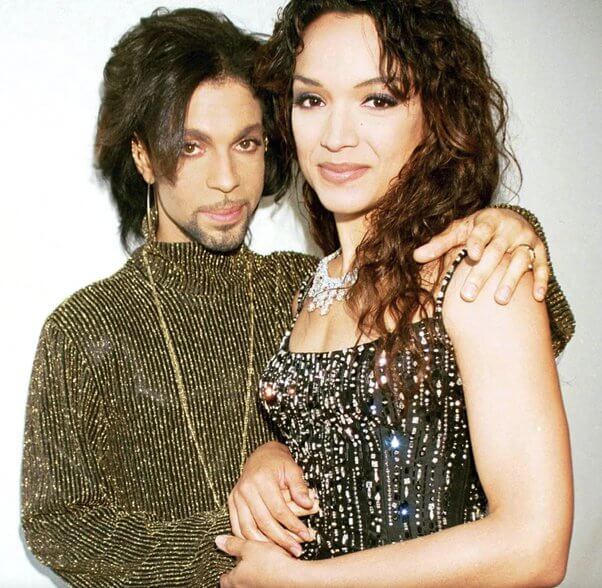Celebrities often have to present an image of perfection to the world, even when their personal lives are fraught with difficulties. One such example is the saddest lie ever told in an interview by none other than the music legend Prince. It involves a deeply personal tragedy that Prince and his then-wife, Mayte Garcia, faced in 1996: the death of their newborn son.
Table of Contents
Prince and Mayte Garcia: A Love Story
Prince, the iconic musician known for his innovative music and flamboyant style, met Mayte Garcia, a professional dancer and singer, when she was just 16. After a few years of working together professionally, the couple got married on Valentine’s Day in 1996. They were seemingly in bliss, eagerly expecting the birth of their first child.
The Birth of a Child and a Tragic Loss
Their son, named Amiir (Prince in Arabic), was born in October 1996. Tragically, Amiir was diagnosed with a rare genetic disorder called Pfeiffer syndrome, which affects the growth of the skull and bones in the hands and feet. Just a few days after his birth, Amiir passed away.
The Saddest Lie
The tragic loss of a child is an extremely personal and painful experience, and Prince and Garcia understandably wanted to keep it private. However, being public figures, the news of their son’s birth had already reached the public. In a heartbreaking decision, Prince lied in an interview, stating that there was nothing wrong with their son.
This lie, while understandable, added a layer of sadness to an already tragic situation. It demonstrated the pressures faced by celebrities to maintain a public image, even when dealing with personal grief.
The Truth Revealed
The truth about Amiir’s tragic death was revealed years later. Garcia, in her 2017 memoir “The Most Beautiful: My Life with Prince”, opened up about the experience. She shared the pain and heartbreak they went through and how the tragedy impacted their relationship.
Conclusion
The saddest lie Prince ever told in an interview is a poignant reminder of the personal struggles that celebrities can face, despite their public personas. It’s a testament to the human ability to endure pain and the lengths to which people will go to protect their privacy in times of personal tragedy.




